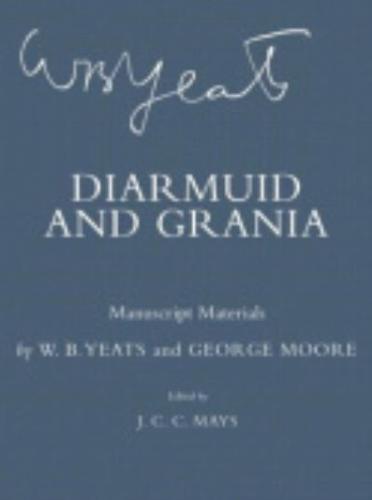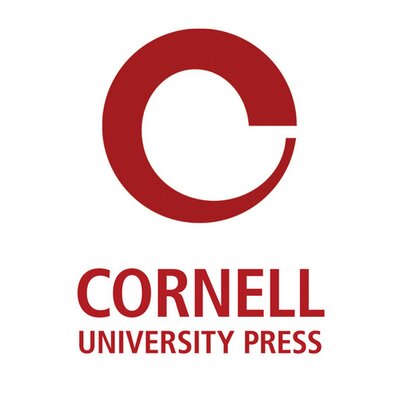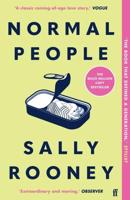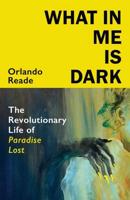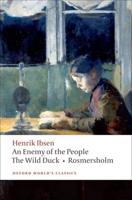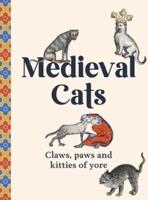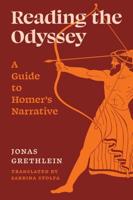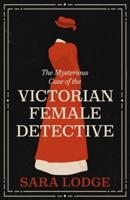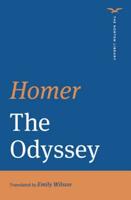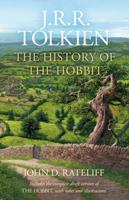Publisher's Synopsis
From reviews of The Cornell Yeats series:
"For students of Yeats the whole series is bound to become an essential reference source and a stimulus to important critical re-readings of Yeats's major works. In a wider context, the series will also provide an extraordinary and perhaps unique insight into the creative process of a great artist."-Irish Literary Supplement
"I consider the Cornell Yeats one of the most important scholarly projects of our time."-A. Walton Litz, Princeton University, coeditor of The Collected Poems of William Carols Williams and Personae: The Shorter Poems of Ezra Pound
"The most ambitious of the many important projects in current studies of Yeats and perhaps of modern poetry generally.... The list of both general and series editors, as well as prospective preparers of individual volumes, reads like a Who's Who of Yeats textual studies in North America. Further, the project carries the blessing of Yeats's heirs and bespeaks an ongoing commitment from a major university press.... The series will inevitably engender critical studies based on a more solid footing than those of any other modern poet.... Its volumes will be consulted long after gyres of currently fashionable theory have run on."-Yeats Annual (1983)
George Moore involved W. B. Yeats personally in the revision of a novel of Moore's that contained a character based on Yeats; this involvement led to the pair's collaboration in writing a play based on Diarmuid and Grania, one of the best-known tragic tales of Celtic mythology. At the late stages of composition, the authors decided to add songs, and Edward Elgar provided the music. The play opened at the Gaiety Theatre in Dublin on October 21, 1901. Although the collaboration had been difficult-Yeats and Moore disagreed frequently, mainly about style-the production was well received. Controversy arose, however, because English actors played these most Irish of characters. After the play was produced, Yeats, whose commitment had occasionally seemed to waver, defended it against all criticism.
The manuscript materials included in the Cornell Yeats edition of Diarmuid and Grania provide a full record of the disputes and revisions that culminated in the final draft. In his Introduction, J. C. C. Mays writes, "If one looks beyond words or passages that can be tagged with an author's name and a specific date, one can see signatures of each author no less clearly than such tags afford and perhaps see each writer more pervasively inhabiting the characters and situations of the play."
